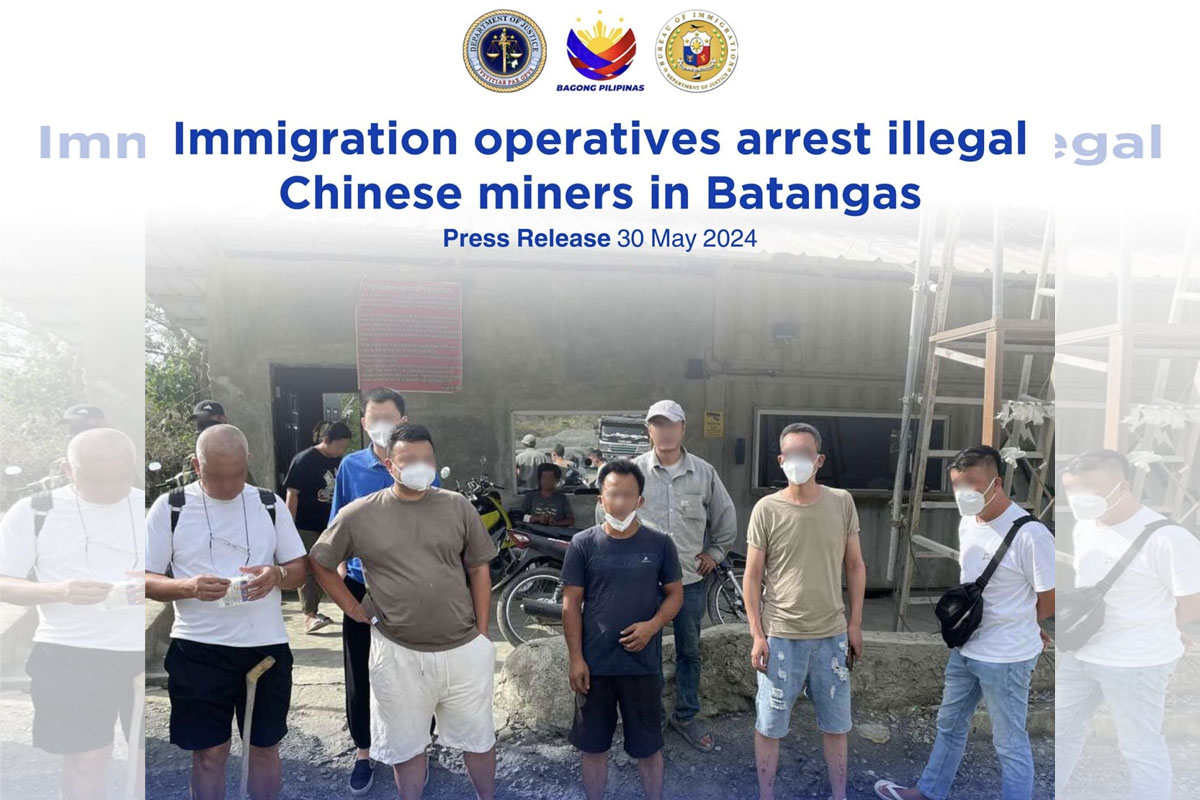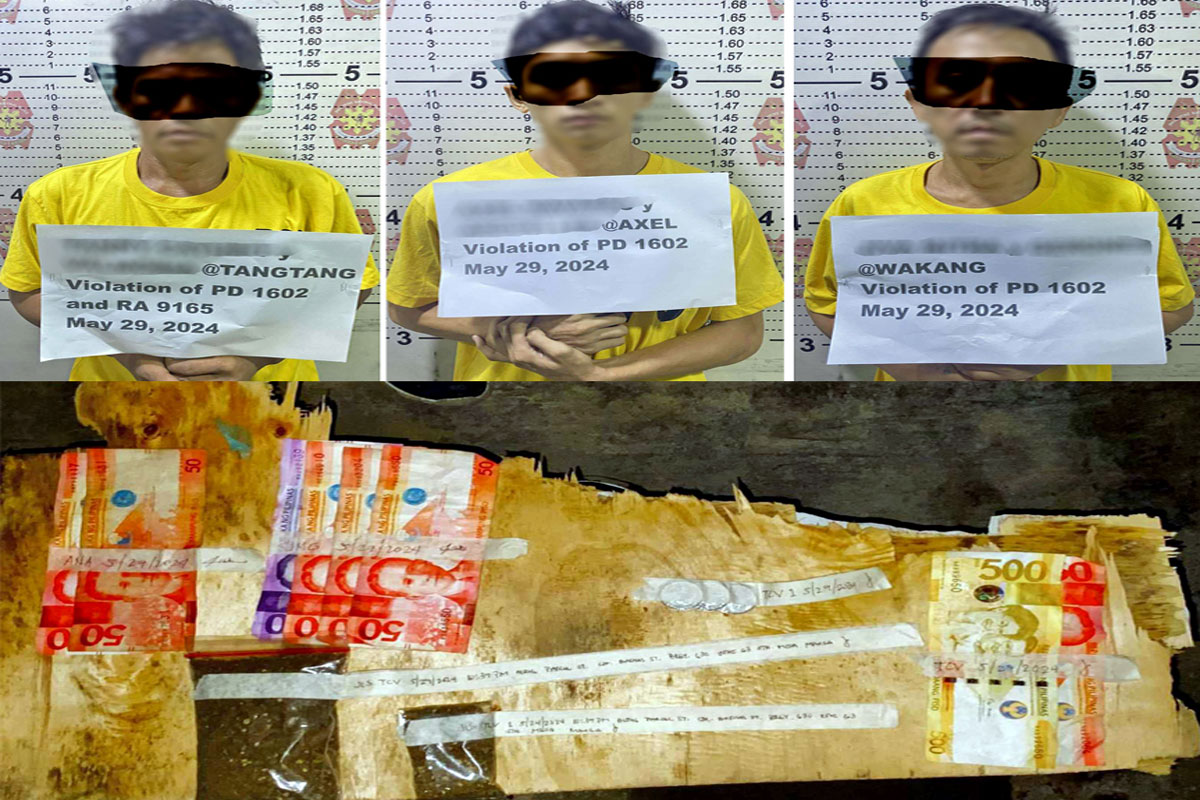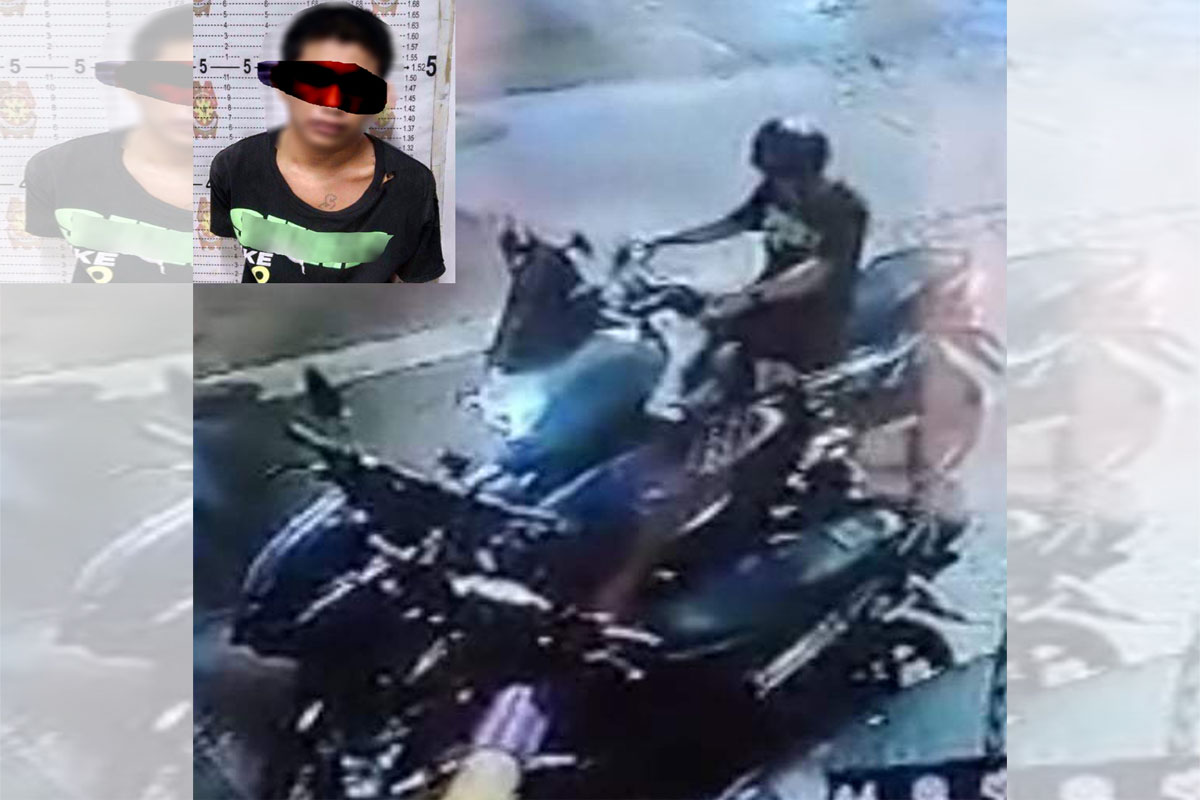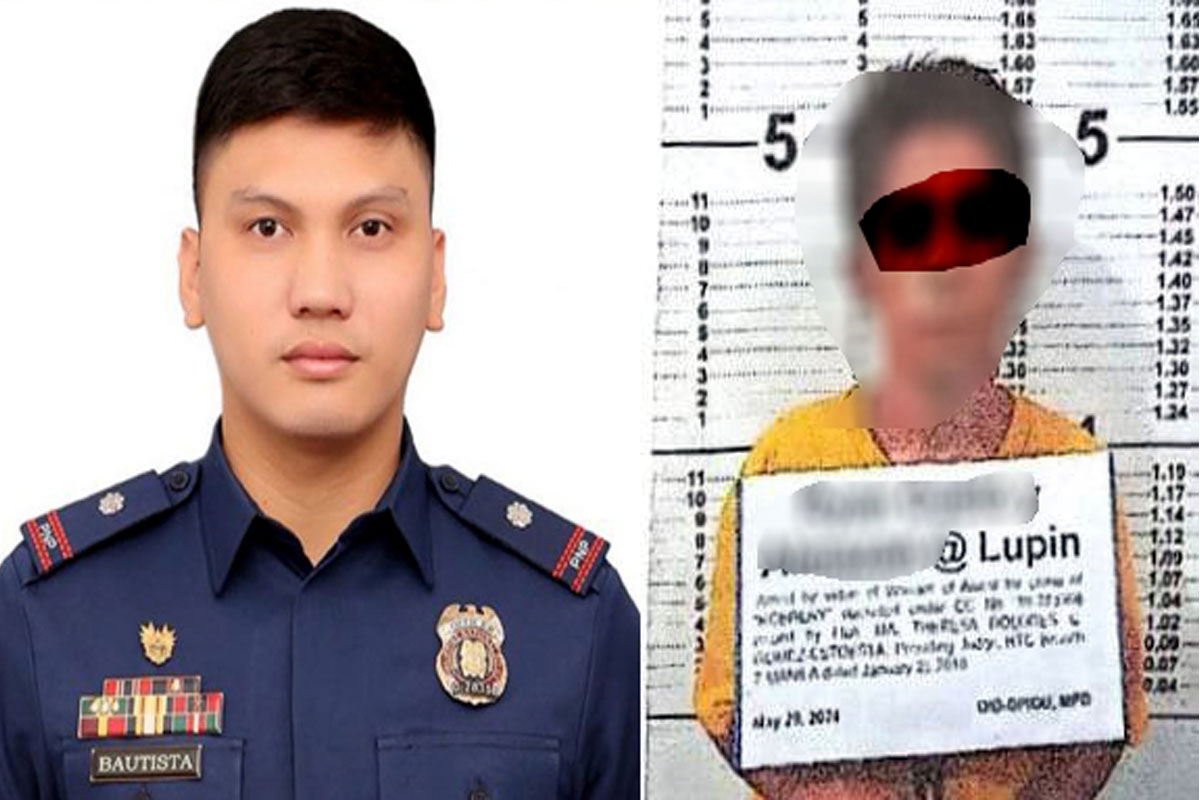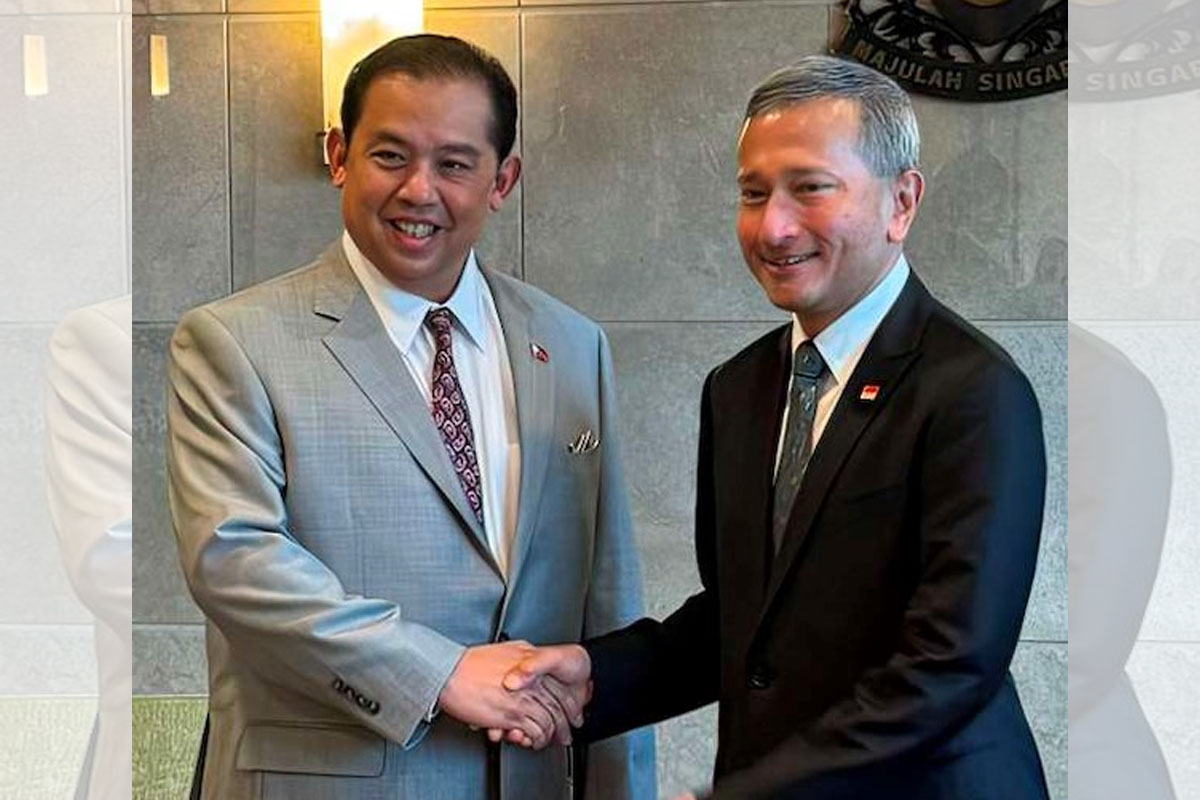
Salceda seeks to make ‘ghosting of tax’ punishable
HOUSE Committee on Ways and Means Chairman and Albay 2nd District Representative Joey Sarte Salceda is readying a proposed law seeking to make “ghosting of tax authority” or the selling and issuance of fake receipts to “pad” gross expense and creditable input value-added tax (VAT) a non-bailable offense.
“In support of attaining the revenue goals of the Bureau, we will draft that measure,” Salceda told Bureau of Internal Revenue (BIR) OIC (Officer-in-Charge) Deputy Commissioner Maridur V. Rosario, who represented the bureau during the recent briefing by the Development Budget Coordinating Committee (DBCC) before the House Committee on Appropriations led by chairman and Ako Bicol Party-list Rep. Zaldy Co.
“We will draft legislation so that selling and buying receipts to pad your deductible expenses or input VAT is non-bailable, using the lifeblood doctrine. Tax ghosting is non-bailable,” Salceda said.
Salceda said they will introduce legislation penalizing both the buyer and seller for tax fraud.
“Right now, the tax code imposes penalties and surcharges only on those who use fake receipts for tax fraud. Section 248 of the Tax Code imposes, in addition to the tax required to be paid, a penalty equivalent to twenty-five percent (25%) of the amount due. That’s not a lot,” Salceda added.
“That penalty is not enough of a deterrent, and if my conversation with DepCom Rosario is right, it’s still unclear whether the seller of fake receipts and other accessories to the crime are liable,” he said.
Salceda explained that tax experts call the practice “ghosting the tax authority” because “ghost companies” issue fake receipts to taxpayers to defraud the tax collection agency.
Sometimes, Salceda added, receipts from expenses not considered valid expenses are used to pad deductibles.
Salceda added that the practice is “fairly common among family corporations, some of whom use household expenses to pad reduce their corporation’s gross taxable income.”
“We will introduce both penal provisions and civil penalties, as well as tax administration provisions to make it easier for the BIR to identify which receipts are fraudulent,” he said.



